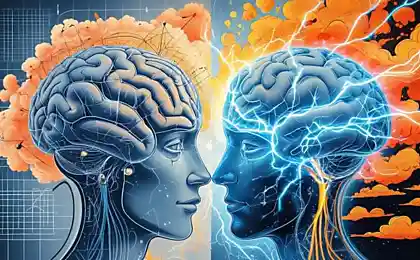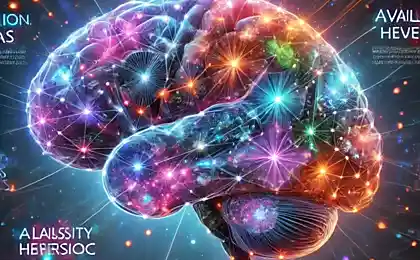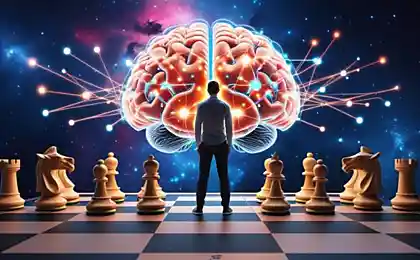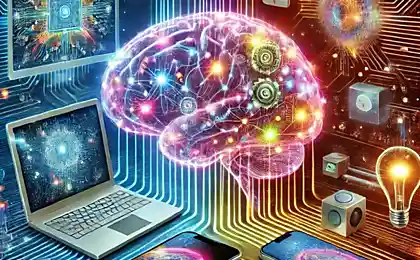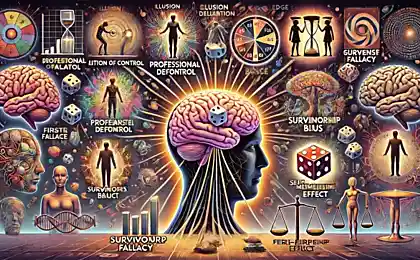193
How the brain deceives us: 7 cognitive distortions that control you
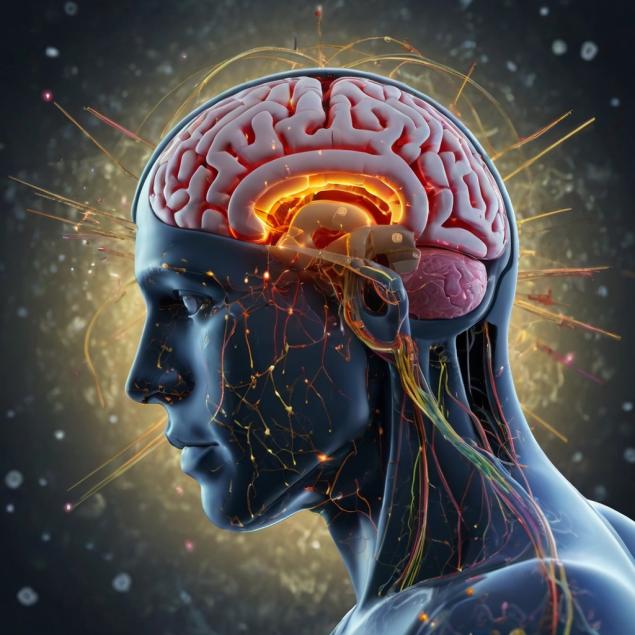
Introduction: Why is our brain fooling us?
Our brain is an amazing organ capable of incredible things. But he's not perfect. In the pursuit of efficiency, the brain often uses “shortcuts” — cognitive distortions that help process information quickly, but sometimes lead to errors. These distortions affect our perception of reality, decision-making, and behavior. In this article, we’ll break down the 7 most common cognitive biases that drive you and learn how to recognize them.
1. Confirmation effect
The confirmation effect is the tendency to seek, interpret, and remember information that confirms our beliefs while ignoring opposing data. For example, if you are sure that coffee is harmful, you will only pay attention to articles that support this view.
How to fight: Try to consider different points of view and check the facts before drawing conclusions.
2. Accessibility error
The accessibility error is that we overestimate the importance of information that is more easily recalled. For example, after watching the news about disasters, people become afraid of flying, although statistically it is one of the safest modes of transport.
How to fight: Rely on data and statistics, not emotions and vivid memories.
 30
303. Anchor effect
The anchor effect is the tendency to rely too heavily on the first information received (anchor) when making decisions. For example, if you first saw the price of the goods for 1000 rubles, then a discount of up to 700 rubles will seem to you profitable, even if the real cost of the goods is lower.
How to fight: Always compare multiple sources of information and don’t take the first sentence as final.
4. The illusion of control
The illusion of control is the belief that we can influence events that do not really depend on us. For example, casino players may think that their actions affect the outcome, even though it is entirely random.
How to fight: Recognize that not everything in life is controllable and focus on what you can really change.
5. The Dunning-Kruger Effect
The Dunning-Kruger effect is the tendency of people with low competence to overestimate their abilities, and experts to underestimate them. For example, a beginner may consider himself a professional, and a real expert may doubt his knowledge.
How to fight: Regularly evaluate your skills and learn from those who really understand the topic.
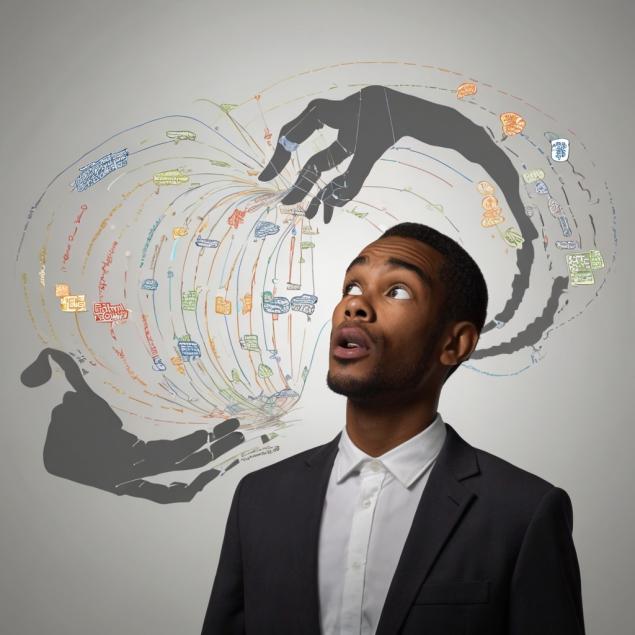
6. Halo effect
The halo effect is the tendency to judge a person or phenomenon based on one bright quality. For example, if a person is handsome, we automatically consider them to be intelligent and kind without even knowing them.
How to fight: Evaluate people and situations in a comprehensive manner without jumping to conclusions.
7. Proneness to negativity
Negativity is the tendency to pay more attention to bad news and events than to good ones. For example, one negative review can outweigh a dozen positive ones.
How to fight: Consciously focus on the positive aspects and learn to see the balance.
Conclusion: How to prevent your brain from fooling you?
Cognitive distortions are a natural part of how our brain works, but they don’t have to govern our lives. Awareness of these distortions is the first step to making better decisions and seeing the world more objectively. Start small: analyze your thoughts, ask questions, and don’t be afraid to doubt. Remember that even the smartest brain gets it wrong sometimes, and that’s okay.
Use this knowledge to become more conscious and confident in your decisions. As Socrates said, “I know that I know nothing,” and that is the power.
How to get rid of junk in the apartment and in the head: make room for joy!
Family budget for the lazy: the method of 4, 5 and 7 envelopes excluding finances
